The explosion of digital technology and e-commerce is making intellectual property (IP) infringement a difficult problem. Not only copying content, counterfeiting trademarks or infringing copyright, but these acts are becoming more sophisticated, spreading quickly and becoming more difficult to control. This is the warning given at the scientific conference organized by the Department of Intellectual Property on November 14 in Can Tho City.
Speaking at the opening of the workshop, Mr. Pham Truong Giang, Deputy Director of the Department of Science and Technology of Can Tho City, said that the strong development of technology, especially AI and e-commerce, is leading to a series of violations of intellectual property rights. Creative products, which are formed from many years of research, can be copied with just a few steps. This causes great damage to businesses and consumers, and at the same time reduces confidence in the investment environment.
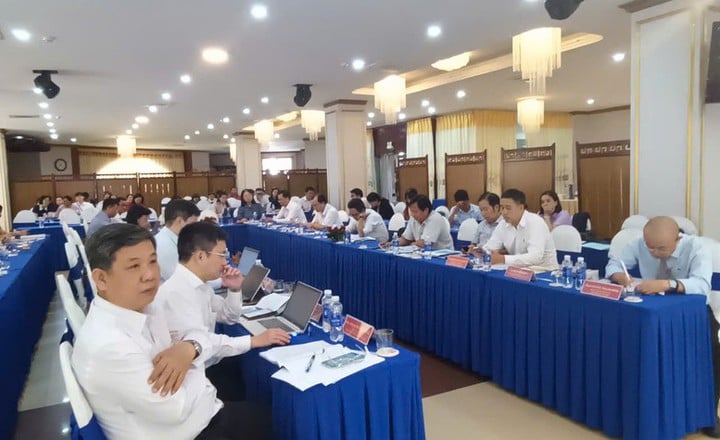
Mr. Giang said that the workshop aimed to promote legal mechanisms and policies on intellectual property into practice, encouraging businesses, organizations and individuals to proactively register and exploit intellectual property rights as an important competitive tool in the new context.
At the workshop, Mr. Nguyen Duc Dung, Head of the Inspection and Complaints Department, Department of Intellectual Property, gave an overview of intellectual property rights violations in Vietnam and internationally. He said that the law has quite comprehensive regulations, but the speed of violations is always higher than the speed of enforcement. “Creation is difficult, but protecting creative achievements from the risk of being copied, counterfeited or having intellectual property rights stolen is many times more difficult,” Mr. Dung emphasized.
According to Mr. Dung, from the time of detecting a violation until it can be handled according to the law is a long process and requires a lot of resources. Collecting evidence, pursuing legal proceedings or professional assessment all take time and cost. Especially with cross-border violations, the difficulties are multiplied.
Many businesses, especially small businesses, have to “give up” because they do not have enough human resources and finances to pursue lawsuits that last for many years. This creates a large gap between legal regulations and actual enforcement.
From the perspective of technology enterprises, Mr. Truong Hoang Khai - Chairman of the Board of Directors of Katec Technology Joint Stock Company - said that intellectual property rights are a "vital shield" for enterprises in a fiercely competitive environment. If they are indifferent to protection, enterprises can lose their advantage overnight when their products are copied or their rights are appropriated on digital platforms.
Businesses must increase their own resistance.
Mr. Khai affirmed that the State needs to continue to improve the law, but businesses must also be more proactive: "No one can protect the intellectual property of businesses better than the businesses themselves." According to him, support from authorities will be effective when businesses know how to identify risks and build protection strategies from the beginning.
From a legal perspective, Mr. Duong Thanh Long – General Director of ALIAT Law Firm – believes that the responsibility for protecting intellectual property rights lies primarily with the creator himself. “You cannot create in legal impartiality,” he said. Many businesses still take copyright, patent, and trademark registration lightly; only when a dispute arises do they scramble to apply for protection, but it is too late.
Mr. Long recommends that creative businesses and individuals need to regularly update legal regulations, proactively register intellectual property rights domestically and internationally, and at the same time build a systematic protection strategy, considering this a mandatory part of the long-term development journey.
The workshop unanimously agreed that in the context of the digital economy , protecting intellectual property rights is not only the responsibility of the State but also a common task of the whole society. When intellectual property becomes a core factor determining competitiveness, creators and businesses must proactively “defend themselves”, because just one minute of negligence can lose the results of many years of intellectual work.
Effective protection of intellectual property rights will create a foundation for sustainable innovation, promote the economy, and protect the legitimate interests of consumers in the digital age.
Source: https://mst.gov.vn/vi-pham-quyen-shtt-leo-thang-tren-khong-gian-so-197251116160117406.htm


![[Photo] Prime Minister Pham Minh Chinh meets with representatives of outstanding teachers](https://vphoto.vietnam.vn/thumb/1200x675/vietnam/resource/IMAGE/2025/11/15/1763215934276_dsc-0578-jpg.webp)





















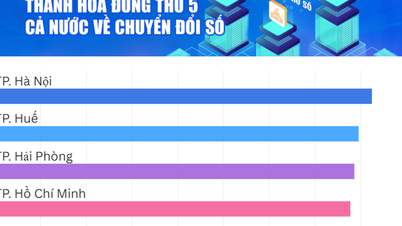





































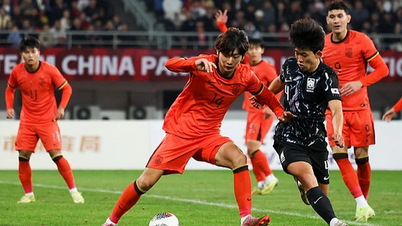
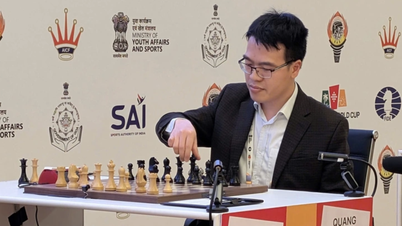

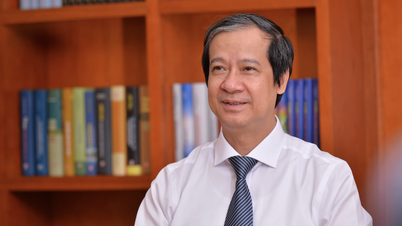











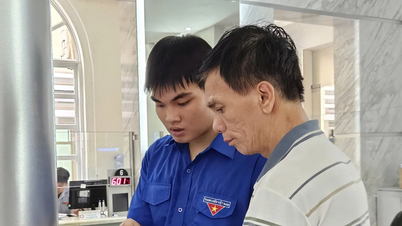
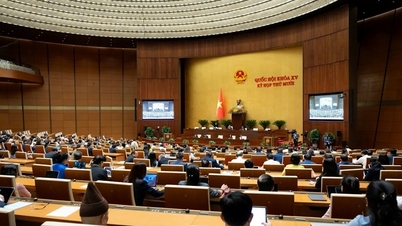

















Comment (0)